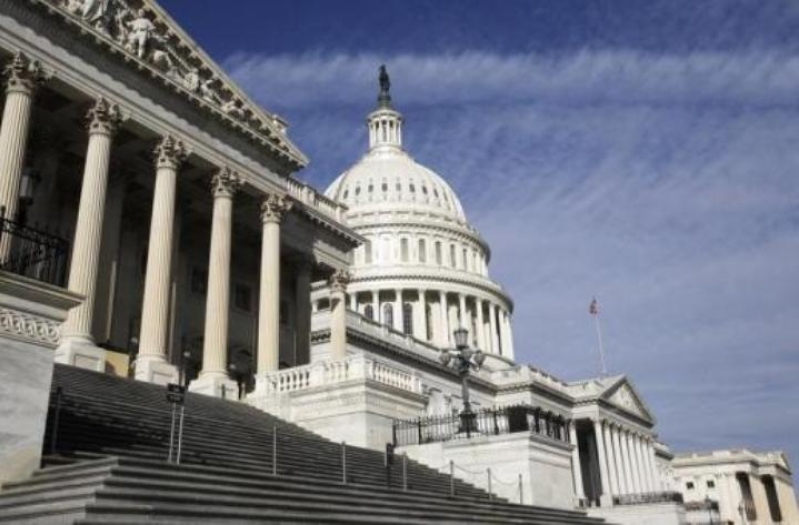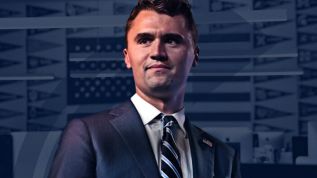
Kenneth and Gloria Copeland apparently see trouble brewing for their ministry and every other American Christian ministry and church. The IRS wants Christian churches, ministries and other non-profits to collect the social security numbers of American donors so it can make sure their charitable donations claims are legit come tax season.
Kenneth Copeland said that he and his wife, Gloria,"have numerous concerns in response to this proposal."
A few specific concerns that they mentioned in an appeal to those who follow their ministry are:
"If adopted, churches and ministries will be hurt by this new rule, because people will be reluctant to make a donation if it means they have to share their private, Social Security number.
To protect donors, churches and ministries would be required to invest precious resources in new computer equipment and data security to prevent hackers from gaining access to their donors' Social Security numbers and other personal data
It's common sense that everyone should be cautious about giving out his or her Social Security number. Even the IRS advises that Social Security numbers should not be shared unless 'absolutely necessary.' This new proposal is certainly not absolutely necessary, as the current process for issuing donor receipts isn't broken, and it doesn't need fixing.
Don't be fooled by this new rule being 'optional' for charities (including churches and ministries). All it takes to make it required is changing the word 'voluntary' to 'mandatory.'"
Kansas Republican Senator Pat Roberts introduced a bill in the Senate last week that would block the IRS from attempts at making it mandatory for ministries and churches to collect the information. It's presently unclear what the situation is regarding the proposed bill is at this time.
Illinois Republican Rep. Peter Roskam has also expressed his concerns about the proposal, saying that, "The IRS has not demonstrated its capacity to hold this type of information from confidentiality and a security point of view."
About 100,000 people have had their private information stolen from IRS computers, in spite of warnings from their inspector general. In what might be considered poetic justice by some, the thieves then filed fraudulent tax returns and were actually issued tax refunds. Even so, this was highly frustrating for those who had their information stolen.
Attorney Cleta Mitchell echos the Copeland's concerns about people being reluctant to donate, especially if the IRS proposal became mandatory. She suspects that "You'd see a lot of $249.99 contributions to every charitable organization in America. It's preposterous."
Currently, donors receive a receipt from ministries, churches or other non-profits, and those who want to take deductions for those donations have been using that as proof of their donation for decades.






![[Exclusive] Escaping Extreme Poverty: The True Story of a Ugandan Girl’s Transformed Life](https://www.gospelherald.com/media/cache/thumbnail/7/23/72324sp_273w_150h_1x_1y.jpg)
